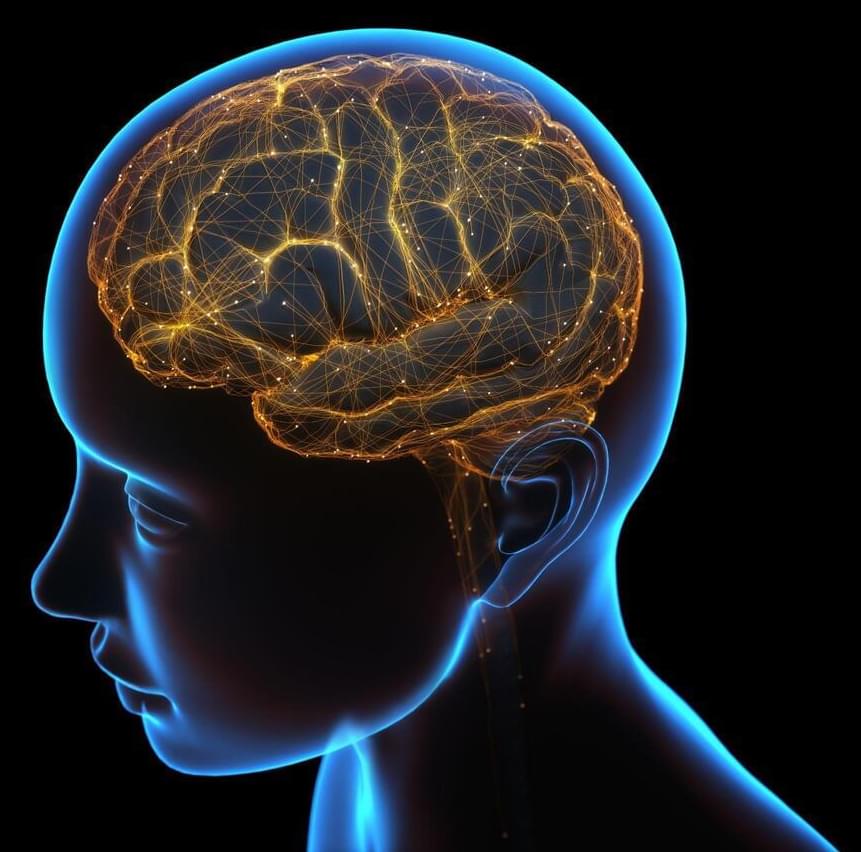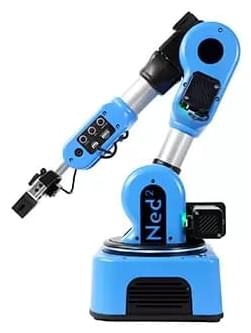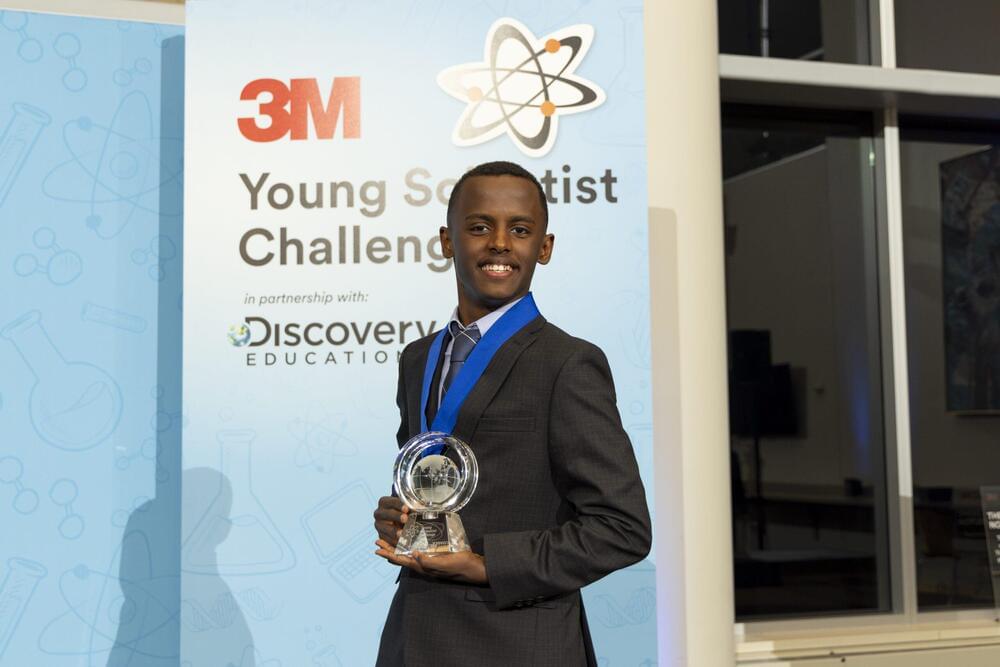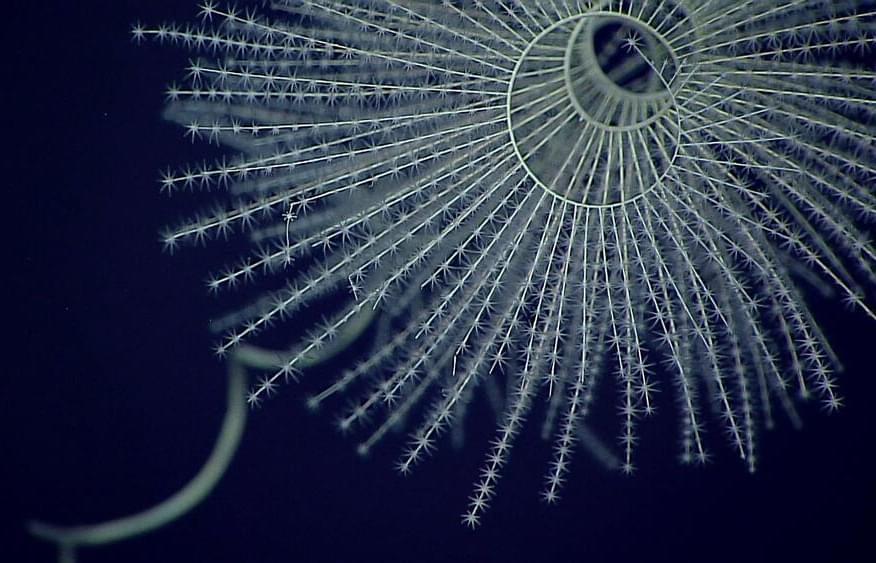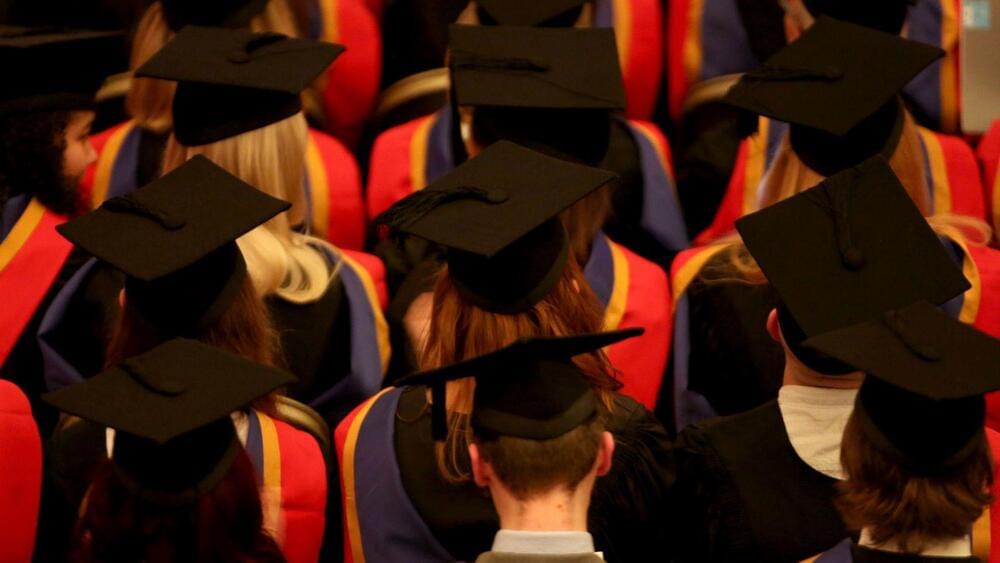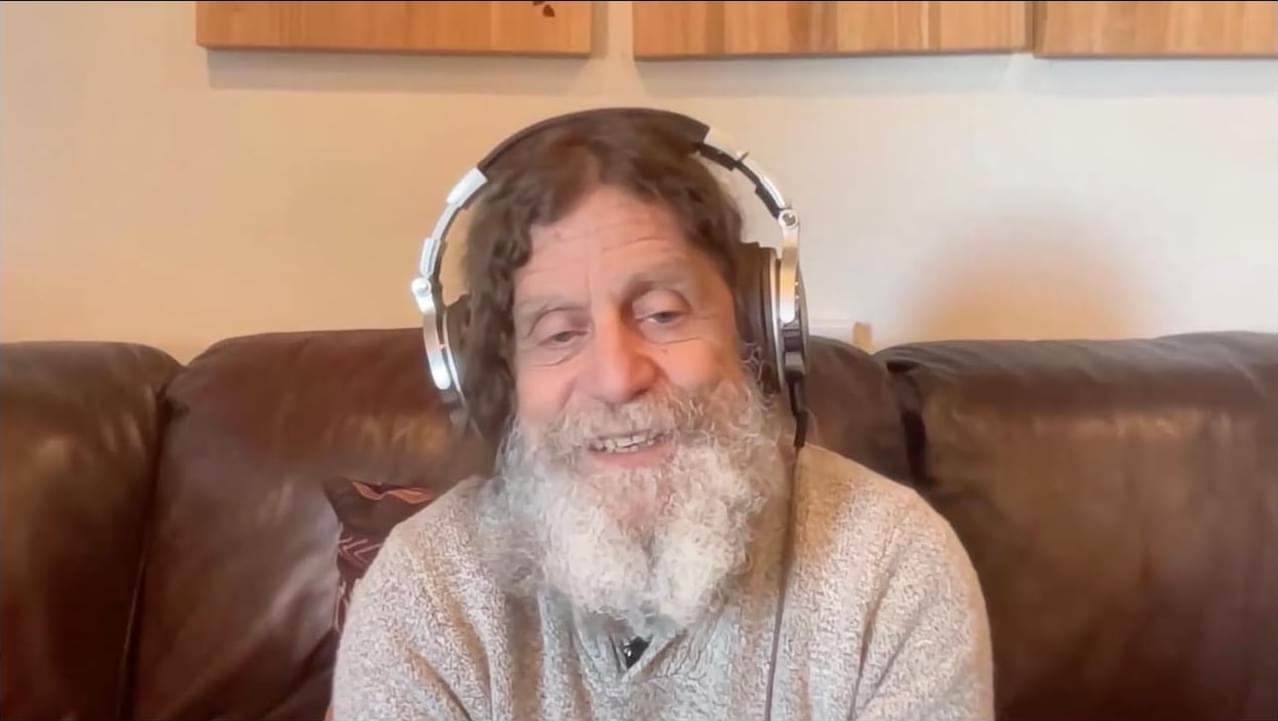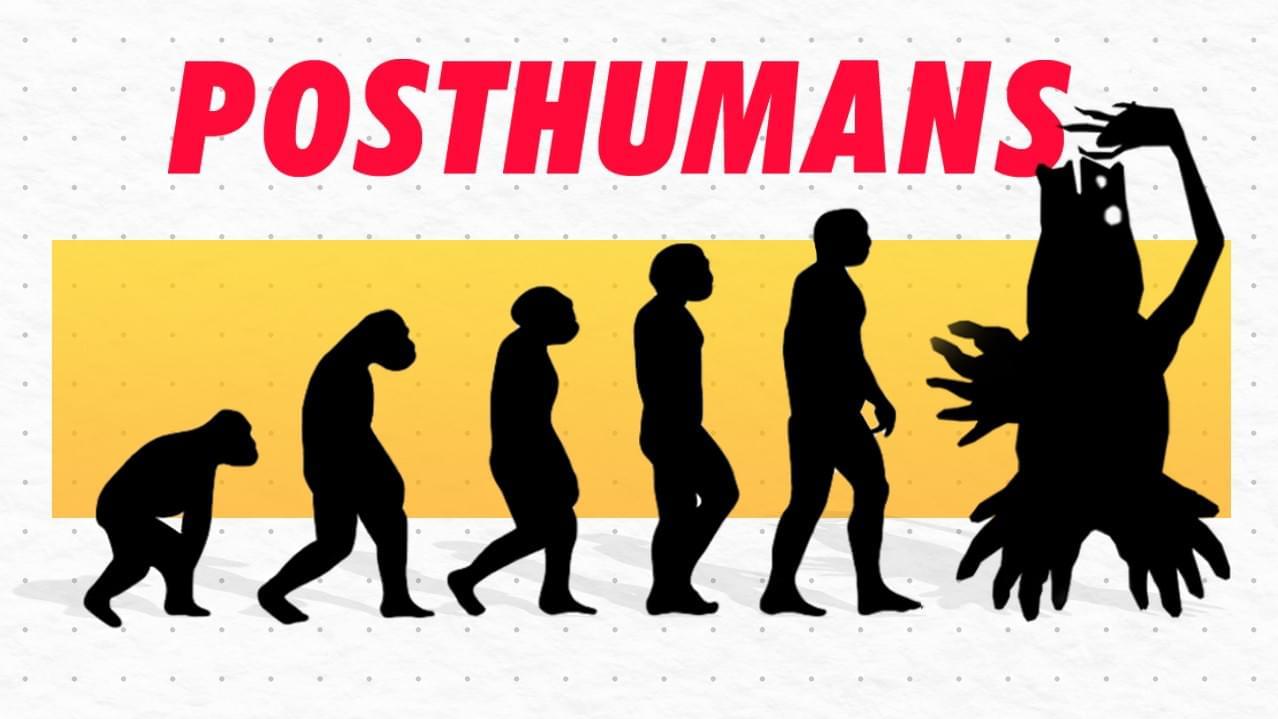May 10, 2024
Rewiring the Brain: Poverty Linked With Neurological Changes That Affect Behavior, Illness, and Development
Posted by Saúl Morales Rodriguéz in categories: education, habitats, neuroscience
What influences mental health, academic achievement, and cognitive growth? A recent review published in De Gruyter’s Reviews in the Neurosciences indicates that poverty and low socioeconomic status (SES) are significant contributing factors. While previous research has explored the individual impacts of poverty on the brain and behavior, this review introduces the first integrated framework. It synthesizes evidence from various studies to directly connect brain alterations caused by low SES with behavioral, pathological, and developmental outcomes.
SES refers to the social standing of an individual or family, and involves factors such as wealth, occupation, educational attainment, and living conditions. As well as affecting day-to-day life, perhaps surprisingly SES can also have far-reaching consequences for our brains that begin in childhood and persist into adulthood.
So, how can poverty and low SES change the brain? The review examines the negative effects of poor nutrition, chronic stress, and environmental hazards (such as pollution and inadequate housing conditions), which are more likely to affect low-SES families. These factors can impair the brain development of children, which in turn can influence their language skills, educational attainment, and risk of psychiatric illness.
